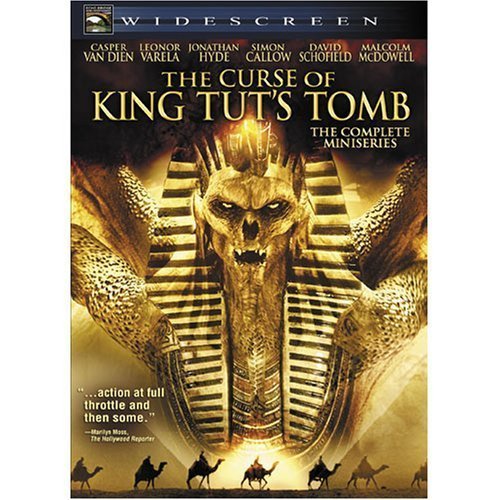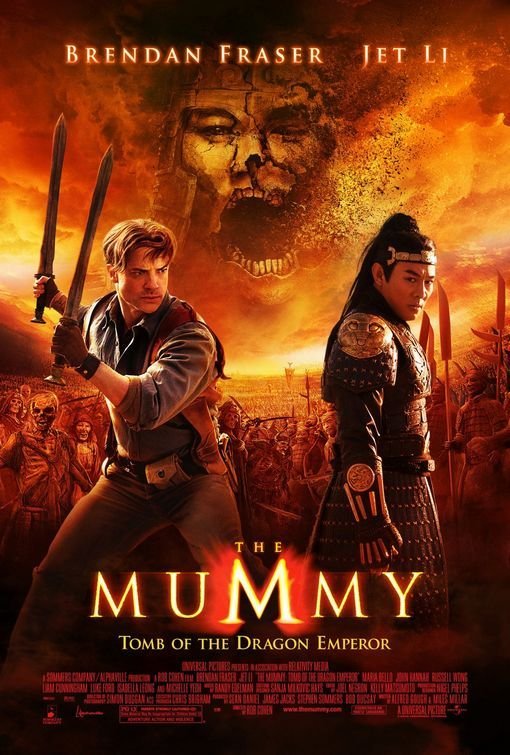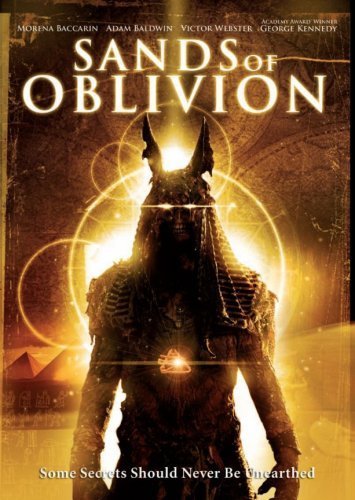Comparison of Myths
Myths are stories created to explain the unknown. They often contain elements of fantasy, such as supernatural creatures and magical powers, and are set in a time before recorded history. While myths from different cultures may have different characters and plotlines, they often share similarities in their themes and messages.
Examples
-
The Creation of the World
Many cultures have stories about the creation of the world. In the Greek mythology, the universe was created when the primordial deities, Chaos and Gaia, interacted. In the Hindu mythology, the universe was created by the Trimurti of Brahma, Vishnu, and Shiva. In the Chinese mythology, the universe was created by the cosmic egg.
-
The Hero's Journey
The hero's journey is an archetypal story pattern found in myths across many cultures. In this story, the hero is called upon to embark on a quest, which often involves overcoming obstacles and facing enemies. Examples of this story can be found in the Greek myth of Hercules, the Hindu myth of Rama, and the Chinese myth of Yudi.
-
The Tragedy of Pride
Many myths contain stories of characters whose pride and hubris leads them to their downfall. In the Greek myth of Icarus, Icarus flew too close to the sun and melted his wings. In the Hindu myth of Narasimha, Narasimha was killed because he refused to listen to the warnings of his wife. In the Chinese myth of Hou Yi, Hou Yi was killed by his own arrows.
-
The Power of Love
Many myths contain stories of characters whose love is powerful enough to overcome obstacles. In the Greek myth of Pyramus and Thisbe, the two lovers were able to reunite despite living on opposite sides of a wall. In the Hindu myth of Radha and Krishna, the two lovers were able to overcome their differences and be together. In the Chinese myth of Chang'e and Hou Yi, Chang'e was able to save Hou Yi from death with her love.
-
The Power of Knowledge
Many myths contain stories of characters whose knowledge leads them to victory. In the Greek myth of Perseus, Perseus used his knowledge of the gods to defeat the monster Medusa. In the Hindu myth of Rama, Rama used his knowledge of weapons to defeat the demon Ravana. In the Chinese myth of Hou Yi, Hou Yi used his knowledge of archery to defeat the nine-tailed fox.
-
The Struggle Between Good and Evil
Many myths contain stories of characters who must fight against evil forces. In the Greek myth of Theseus, Theseus fought against the Minotaur. In the Hindu myth of Bhima, Bhima fought against the demon Hidimba. In the Chinese myth of Sun Wukong, Sun Wukong fought against the Bull Demon King.
-
The Triumph of the Human Spirit
Many myths contain stories of characters who overcome adversity through courage and determination. In the Greek myth of Odysseus, Odysseus faced many challenges on his journey home. In the Hindu myth of Arjuna, Arjuna faced many obstacles before he was able to defeat his enemies. In the Chinese myth of the Monkey King, the Monkey King overcame many obstacles before he was able to become a god.








